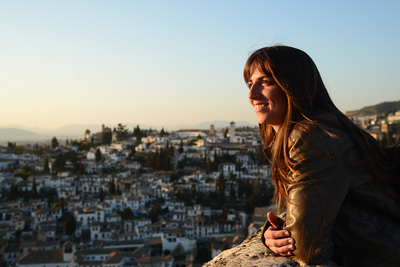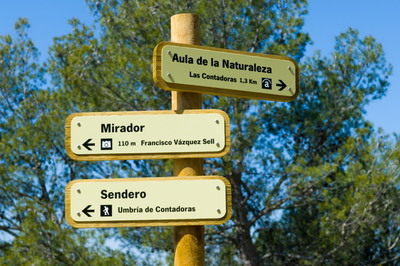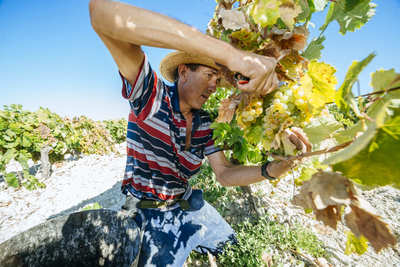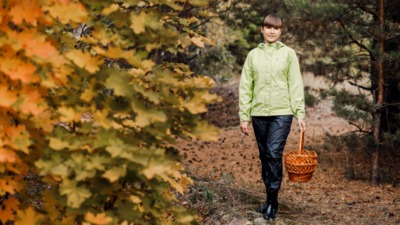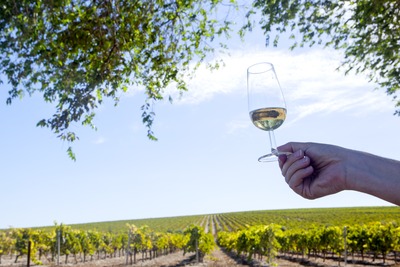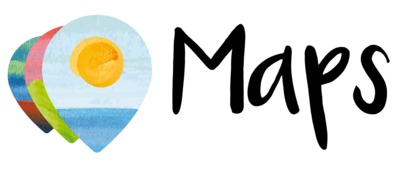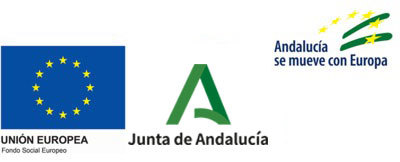El Andévalo, applied art
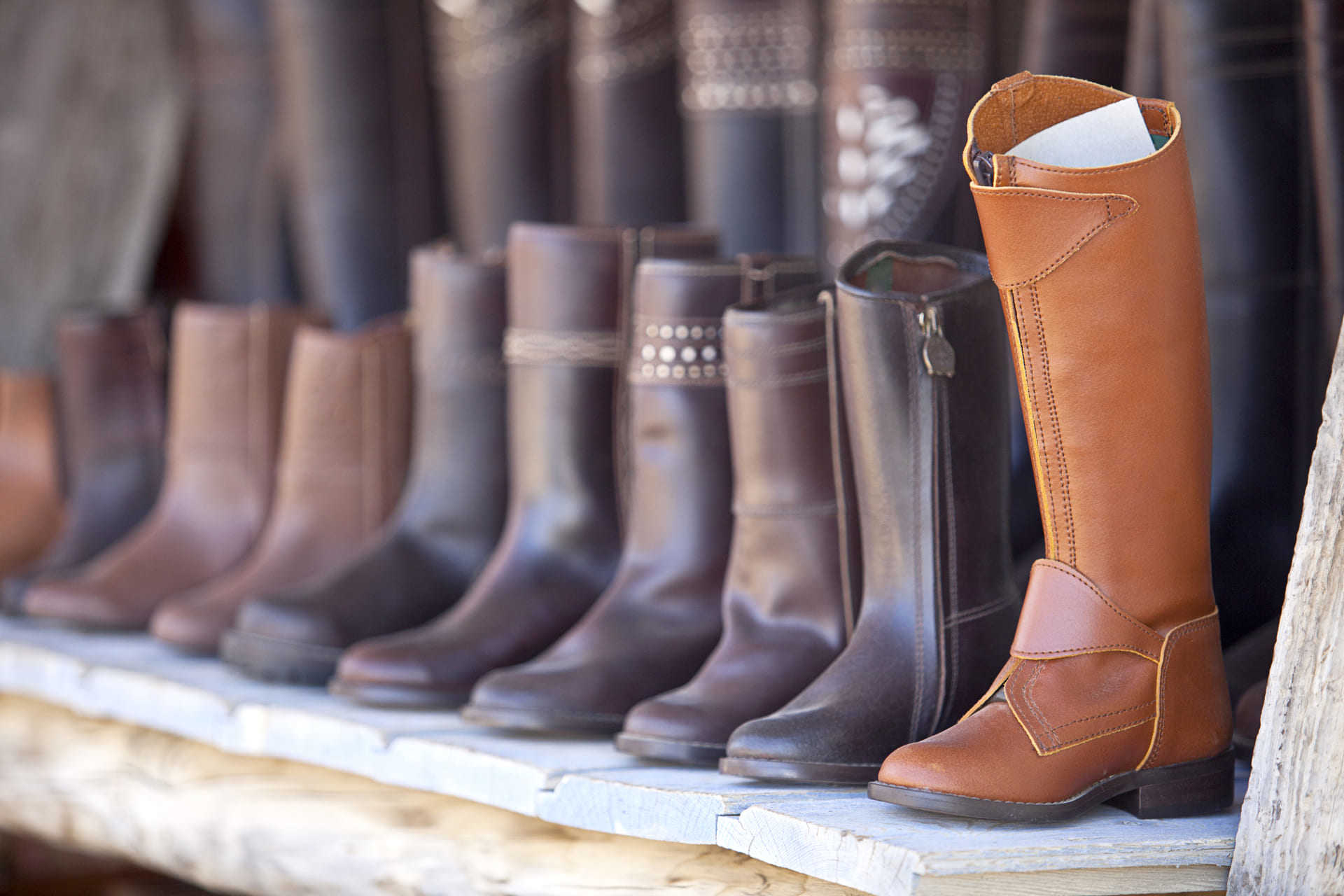
A love of horses and fighting bulls in El Andévalo have led to the creation of leather craft in Valverde del Camino that produces pieces related to both of these activities. The reputation for the fine saddlery of the horse harnesses has been fairly earned and is such that, in the case of Valverde's riding boots, it has reached a national scale. The leather boots they make for pilgrimages, for the country and for hunting are renowned throughout the world. And then of course there is the furniture made in Valverde, and the exquisite local eau de vie.
El Andévalo is a region with an extraordinary, rocky personality, just like the landscape. This rugged, mining region provides the discoverer of destinations and crafts quite a number of surprises. The breeding of fighting bulls in the numerous, renowned breeding stations can be considered a craft especially when harnesses for horses and gear for riders are taken into account.
This extraordinary saddlery enables horsemen and their mounts to look their classical best, both when working in the field and during festivities and pilgrimages. During both events you can often detect the influence of the cultures that came from Castilla y León after the conquest, especially with regard to traditional, sophistically created costumes and dances.
One of the most internationally famous products are the Spanish boots from Valverde del Camino, the capital of the Andévalo region. There are numerous craft workshops that create this extraordinarily elegant, high-quality, handmade leather footwear, made to last a lifetime.
Valverde has been declared an Area of Craft Interest because of the master carpenters who mostly manufacture furniture. A local industry that attracts buyers from all over the province looking to find a product that is a guarantee of quality.
The region is also renowned for the eau de vie that the Andévalo miners have been drinking for centuries. The liqueur is still distilled in the region, where it sets the pace for fairs, evenings of fandango and private celebrations here called "manguaras", which was the name given by the English who came to the Riotinto mines: "man water".

